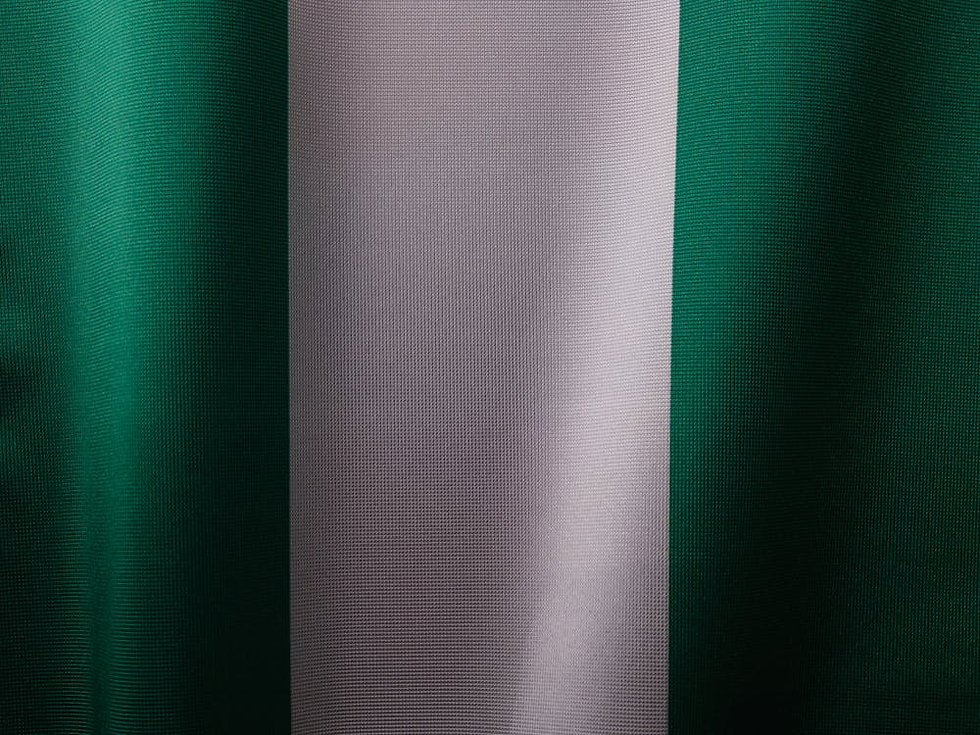End SARS Protests: Deadly Violence Erupts in Lagos, Nigeria
- Heather Gosling
- Oct 25, 2020
- 3 min read
Updated: Dec 23, 2024
Protests against the Nigerian Police Force SARS (Special Anti Robbery Squad) continue to rage on in Lagos State, the capital Abuja, and many other cities in Nigeria. SARS is a special branch of Nigeria’s police force, created in 1992 to deal with crimes of violence and theft. However, the group has been criticised by Amnesty International and several world leaders for its illegal actions of torture and unlawful killings. In June 2020, Amnesty released a report that stated SARS had committed at least 82 cases of human rights violations. Police officers reportedly target individuals based on fashion choices, jewellery and the type of vehicle they are driving. SARS officials have been known to arrest and detain young men on suspicion of being online fraudsters for simply owning a laptop. The officers have also been accused of illegally detaining victims, waterboarding, and extra-judicial killings.

Whilst protests against SARS date back to 2017, public anger was sparked after a video circulated online of a man being beaten by police officers and protests began on the 7th of October. On October 13th, thousands of young people protested against this unlawful violence, marching in cities with banners that read ‘#ENDSARS’ in Nigeria’s city hub, Lagos. In response to protests, anti-riot police have been deployed nationwide, and a curfew was imposed in Lagos.
Protests have now escalated, after unarmed peaceful protesters were shot by men in military camouflage at Lekki Toll gate on Tuesday the 20th of October. The protesters were singing the national anthem and holding the Nigerian national flag. As 20 military men closed in, the protesters continued singing. A message had spread on social media days before, stating that military officers would not engage with unarmed protesters who sang the national anthem while holding the Nigerian flag. When the shooting ended, around a dozen bodies were lying dead, covered in bloodied Nigerian flags.
The Nigerian army dismissed claims that it was responsible for the attacks as “fake news”, urging “trouble makers” to refrain from protesting. Witnesses have stated that men wearing military uniform took away CCTV cameras from Lekki toll gate, suggesting the attack was premeditated as officials did not want the scene to be recorded.
The #ENDSARS movement is growing on social media, with celebrities such as the pop singer Burna Boy stating that the protests were "the most important moment in Nigeria’s history". Footballer Odion Ighalo, and boxer Anthony Joshua have also pledged their support. Protesters are seeking meaningful reform of how their country is governed. They have created a 5-point agenda: the release of all arrested protesters, justice and compensation for all victims of police brutality and their families, setting up an independent enquiry into corrupt police behaviour and an increase in police salary to prevent officers from reverting to extortion and bribes. 25 protesters were released from detainment on Thursday, but it is still unclear how, and if, justice will be sought for the deceased.
In response to growing civil unrest, President Muhammadu Buhari has announced the disbandment of SARS and its replacement with SWAT (Special Weapons and Tactics team). But without systematic change, protesters are still left angry and #ENDSARS has been replaced by #ENDSWAT.
Protests in Nigeria are now about more than creating an end to police brutality: Nigerians want radical, systemic change in government and in the economy. Widespread unemployment, temperamental power supply and poor healthcare are all symptoms of a diseased government. The youth are rising to urge the Nigerian government to prioritise issues concerning young people, and put an end to years of police brutality that has plagued the nation.

_edited.png)



Comments